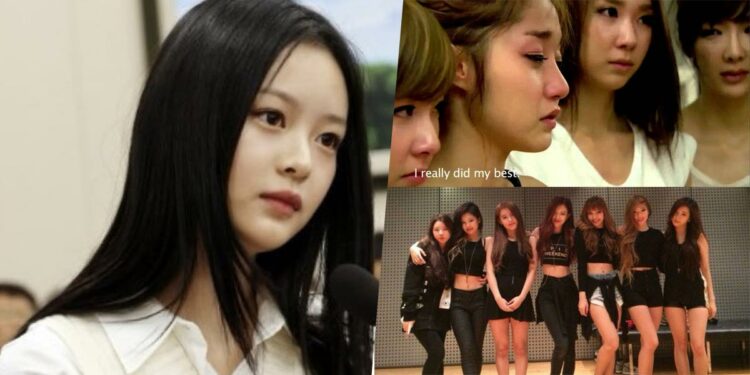It has been confirmed and official that the Korean Labor Ministry has dismissed the workplace bullying incident case by NewJeans Hanni. Not only that, but they believe that as a Kpop idol, Hanni is not really considered an “official worker” under the Korean Labor Act. Still, does it make you think that despite being overworked and underpaid, these Kpop idols are eventually not protected enough by Korean law? Join us in the debate below, and give us your two cents.
NewJeans Hanni’s Case Dismissed: Korean Law Doesn’t Really Protect Kpop Idols?
South Korea’s Ministry of Employment and Labor has decided that the bullying allegations involving NewJeans member Hanni at HYBE do not qualify as “workplace harassment.”
On November 20, the Seoul Western District Office closed a complaint filed by fans of NewJeans about allegations of workplace bullying against Hanni. The office explained that the nature of Hanni’s management contract doesn’t meet the conditions needed to label her as an employee.
Why? Because under Korean law, specifically the Labor Standards Act, as one of the famous Kpop idols, NewJeans Hanni is not an “employee.”
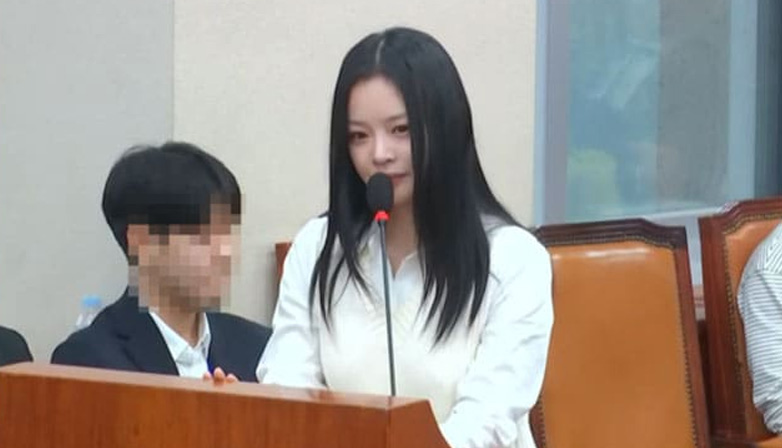
Kpop Idols Are NOT Employee: What Does That Mean?
While we all know that most Kpop idols claim to be overworked and underpaid under the company’s management, apparently, they are not officially under the protection of Korean labor law.
In NewJeans Hanni’s case, there are also some crucial details pointing out that Kpop idols are different from ordinary employees protected by the Korean Labor Act:
- No employee relationship: Hanni’s contract is seen as an agreement between equal parties, not a subordinate employee and employer.
- No fixed working hours or locations: Hanni’s schedule and work conditions aren’t the same as those of traditional employees.
- Profit-sharing payments: She earns money through shared profits, not wages.
- Tax classification: Hanni pays business income tax, which is typical for independent contractors, rather than employee income tax.
- Financial risks: She shares the financial risks of her entertainment career with her company.
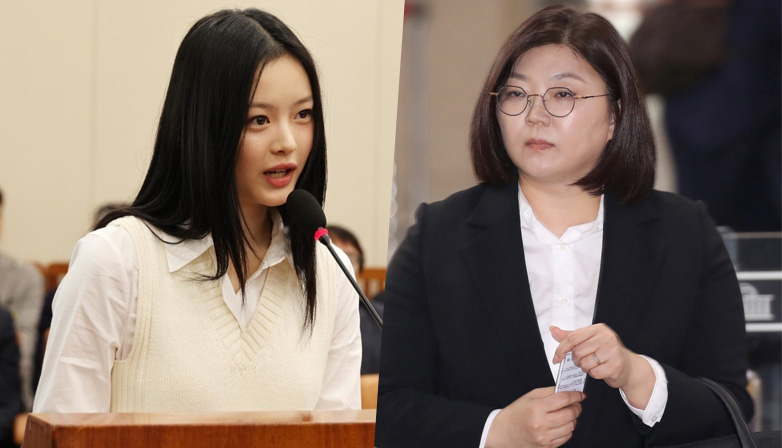
Not only that, but the court also revealed another ruling back in 2019. The ruling states that celebrity contracts like Hanni’s are actually not employment contracts. Instead, under Korean law, the contract agreements of Kpop idols are similar to mandates. Therefore, they cannot protect these Kpop idols under Korean labor law from harassment happening in the workplace.
Therefore, under no circumstances are Kpop idols protected under the Labor Act in South Korea.
Overworked and Underpaid: Korean Law Has Failed to Protect Their Most Valuable Treasure?
Since the dawn of the hallyu wave, South Korea has been reaping massive benefits from the skyrocketing Korean entertainment and culture trends. A big part of this impressive trend was thanks to Korean celebrities and Kpop idols.
However, the reality revealed that these celebrities, especially Kpop idols, have suffered from being massively overworked and underpaid due to their exclusive contract agreement with the company.
But still, today, we finally understand that none of these Kpop idols are actually protected by Korean labor law. That is why we see a lot of reports revealing how much companies are harassing their idols, starving them, and pressuring them to stay attractive no matter what the cost.
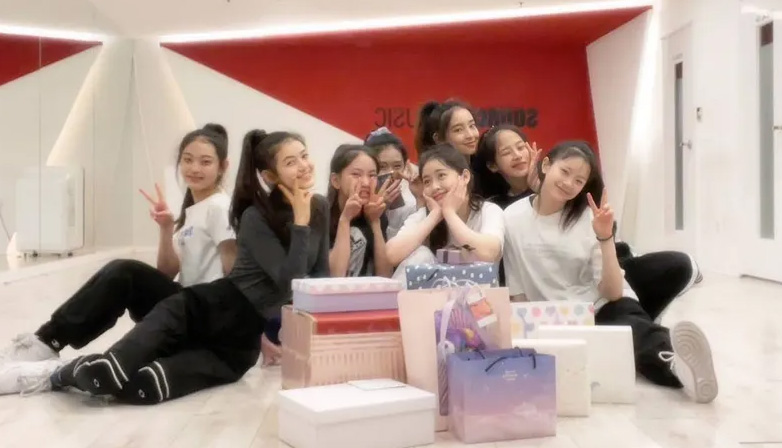
Some reports even stated that despite being teenagers and still growing, the forced diet restrictions from the company resulted in female idols and trainees not getting their periods. Hence, even when their bodies are in pain, the diet policy must continue.
What makes it worse, the female trainees even dangerously liked it when they didn’t have their periods. That’s because they feel more convenient.
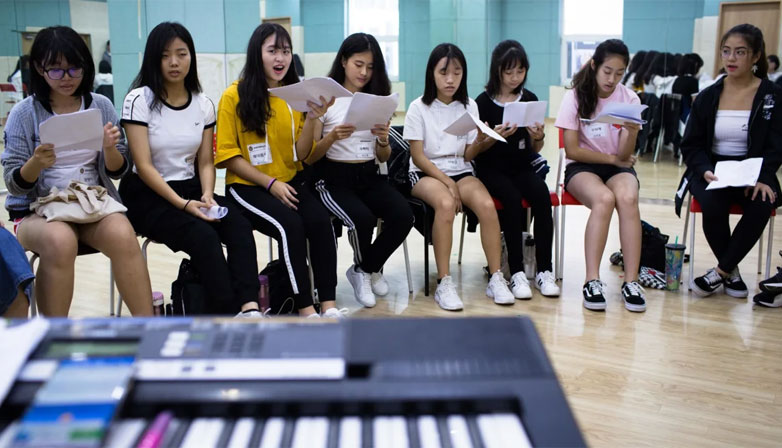
Meanwhile, after these trainees debut, they still have to pay the training debt to the company. Hence, years usually go by without them receiving any payment.
Despite being this overworked and underpaid, not to mention all the other harassment they have to endure, these Kpop idols and trainees do not fall under the “workers” category in Korean law.
According to the Ministry, Korean labor law requires a clear employer-employee relationship where one party has authority over the other. Therefore, Kpop idols’ relationship with their management team doesn’t fit this legal definition.
Kpop Idols are NOT Workers: Do You Agree?
As of today, Korean law still allegedly fails to protect Kpop idols despite being the country’s biggest assets in modern-day pop culture. But is it really true, though? Can we really treat Kpop idols differently from ordinary workers?
Indeed, if they succeed, these idols reap benefits that are far larger compared to other staff and employees. However, the risks and processes they endure are also far more horrifying than those of regular company workers.
Therefore, isn’t it natural for these idols to be officially protected from harassment and slavery under Korean law? What do you think? Please share your thoughts with us below.
Join us on Kpoppost’s Instagram, Threads, Facebook, X, Telegram channel, WhatsApp Channel and Discord server for discussions. And follow Kpoppost’s Google News for more Korean entertainment news and updates.
Related Posts
Source: YNA, BizHankook, TheQoo.

